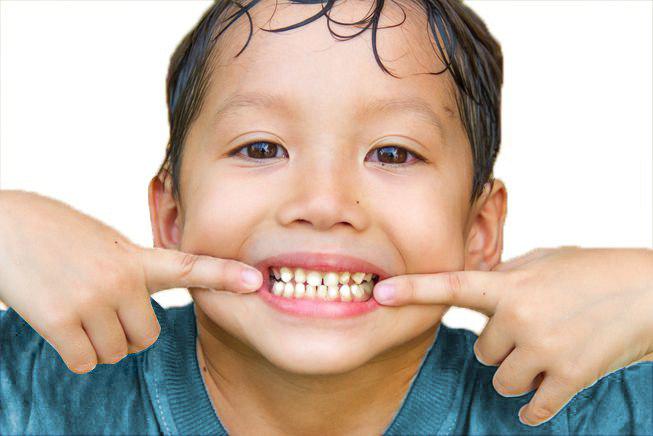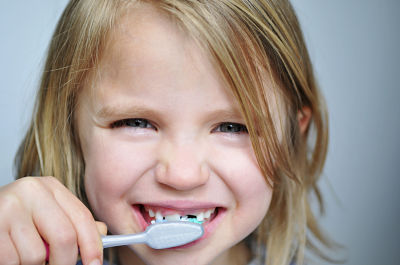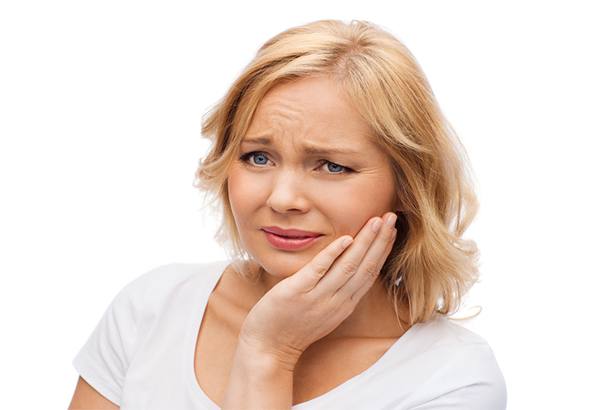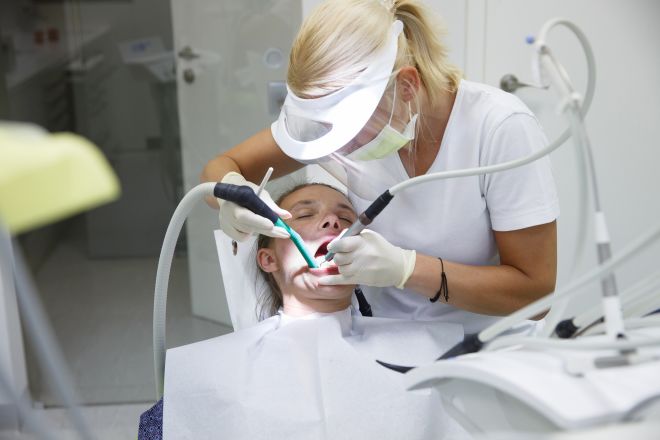A common cause of white marks on your child’s teeth is consuming too much fluoride:
– This can happen in areas where the drinking water is treated with fluoride or from regularly swallowing toothpaste.
– Your dentist can discuss options for restoring the teeth, including whitening and veneers.
– White spots on children’s teeth can be prevented by good oral hygiene and being careful with fluoride.
“If a person notices that the white spots on their teeth are changing in size or number, or they are starting to have tooth pain, they should see their dentist.”
Read the full story here: https://www.medicalnewstoday.com/articles/322112.php











